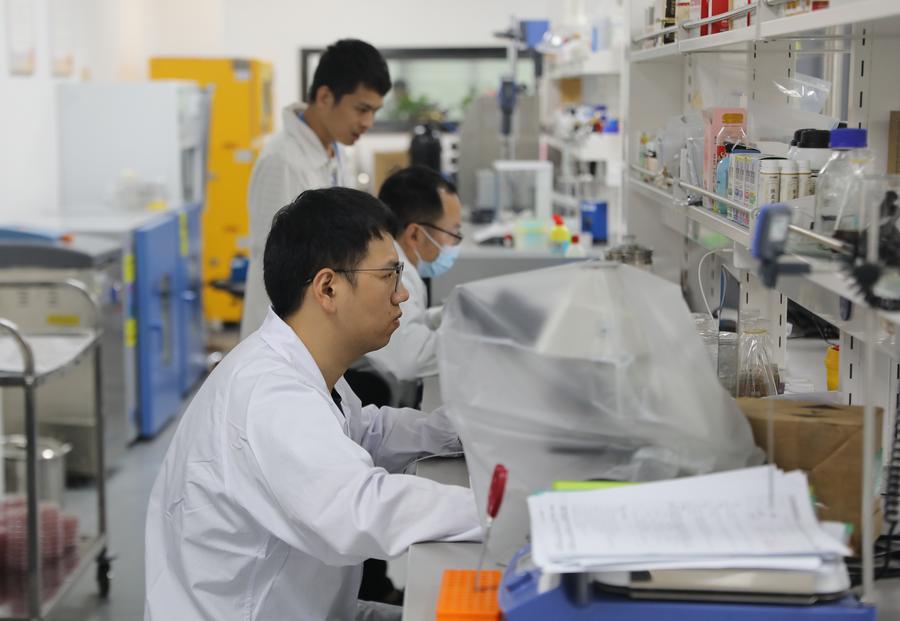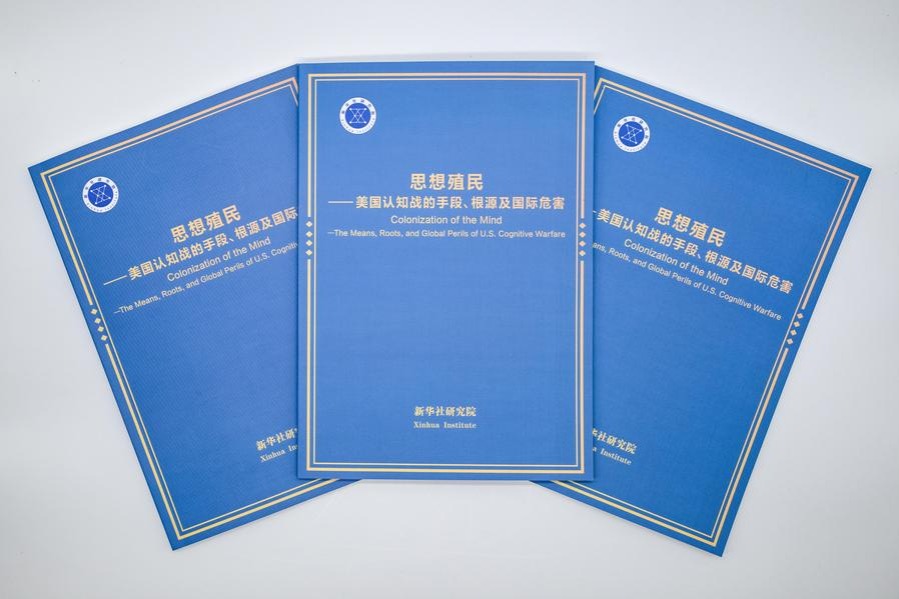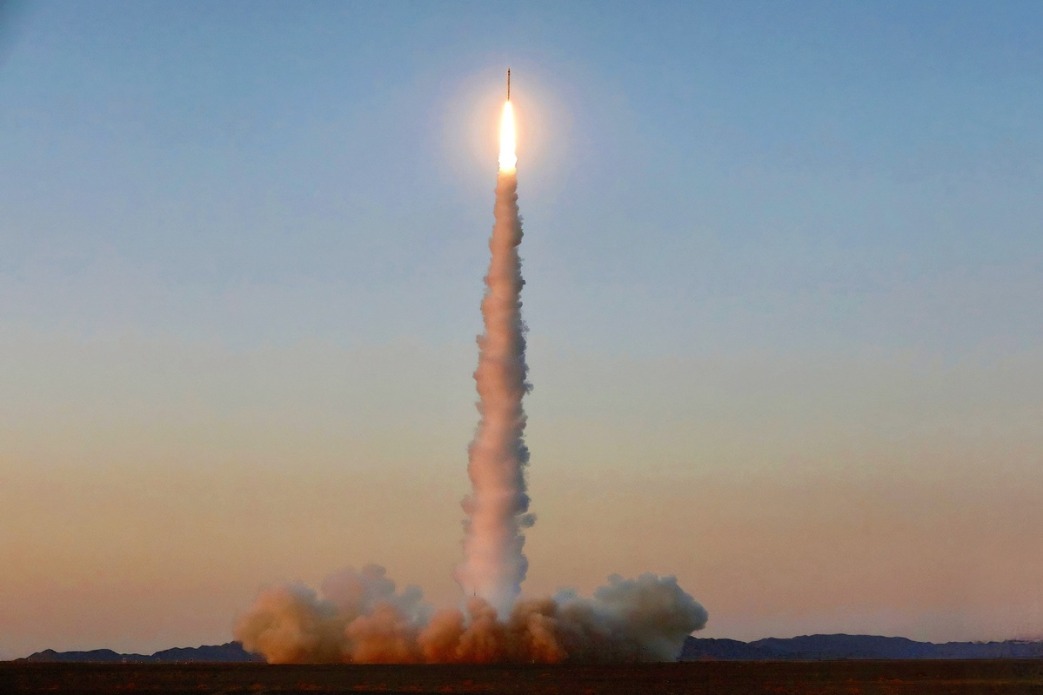Young scientists pinpoint key challenges
Academic research must connect with users and policymakers, while eliminating distrust


A collaborative effort by 16 young scientists from 11 countries including China has highlighted five critical challenges facing academic research worldwide.
Their article, published in the academic journal Innovation on Jan 2, pointed out issues with public mistrust, disconnect with end-user applications and policymakers, barriers to international collaboration and a reliance on conventional metrics of performance.
These threats, exacerbated by global events such as the pandemic, geopolitical tensions and shifts in media environments, are impeding innovation and breakthroughs in academic research worldwide, said the authors of the article, titled "A Call to Action to Address Escalating Global Threats to Academic Research". The authors were also from the United States, the United Kingdom, Ireland, France, Switzerland, Spain, Canada, Australia, Turkiye and Belgium.
To address these escalating threats to scientific progress, the article urges global cooperation to bridge gaps in scientific education and communication, fostering an environment where scientific exploration is seen as a cornerstone of civic engagement.
It emphasizes the importance of establishing meaningful connections between the academic community and the public, media, industry partners, international collaborators, policymakers and university leaders.
Prioritizing diversity is highlighted as essential to integrating a broader range of perspectives and expertise into academic research, ultimately strengthening the bridge between science and society.
"The reinvigoration of academia is dependent on the collective efforts of academics worldwide. Our colleagues are encouraged to join the mission of advocating for change to bring benefits to individual researchers, academic institutions and society as a whole," the article read.
The genesis of this article can be traced back to the 6th World Laureates Forum held in Shanghai from Nov 6 to 8, 2023.
The summit brought together over 300 scientists from 25 countries and regions, including 27 Nobel laureates, 40 Chinese academicians and over 120 young scientists. Through interdisciplinary discussions, the participants explored progress in global academic research and identified common challenges faced by the academic community.
The authors, including Fun Man Fung, assistant professor at the School of Chemistry at University College Dublin, and Gaelle Offranc Piret from the French National Institute of Health and Medical Research, initiated the idea during the summit, which resonated with like-minded peers from around the world.
"Lots of things limiting academic science achievements seemed linked to science being disconnected from people, policymakers and the private sector, whereas the future of the three of them is very dependent on academic science," Fung said. "We believe the time for ensuring, defending integrity and creativity in research is now and not in the future."
Following intense discussions at the summit, interested young scientists formed WeChat and email groups, shifting the discussions from in-person to online platforms, with biweekly brainstorming sessions and round-the-clock collaborative editing across different time zones. The collaborative effort that led to the article spanned over a year.
"I'm very proud that we could achieve this, mainly because the message we have is very important and we point out a problem to which we suggest a systemic and international solution," Piret said. "We do hope this call of action can reach out to all people concerned by this paper around the world: not only scientists, but also citizens, public policymakers, private companies or banks."
Joy Wolfram from the University of Queensland, who was the corresponding author of the article, echoed the sentiment.
"We value the public's support of academic research. Without this support we are unable to make scientific discoveries that improve and save lives," Wolfram said.
linshujuan@chinadaily.com.cn
- High penalties suggested for data breaches
- AI risks, collaborative defense focus of Kunming cyber forum
- Draft prison law emphasizes fair treatment for inmates
- Students welcome social media account of RUC's Party secretary
- China Daily app announces winners of limited-edition military models
- China formulates, revises 150 sets of administrative regulations in 14th Five-Year Plan period





































